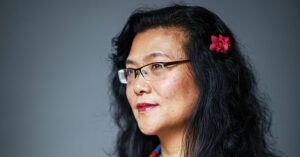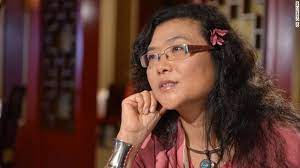
Officially China does not allow single women to freeze their eggs and forces them to go abroad or even register children of single mothers to register. But demographic pressure is already changing those restrictions on a provincial level, says author Zhang Lijia in the Guardian who expects more changes to come.
The Guardian:
A study published last year by the economists Ren Zeping and Liang Jianzhang found that more than 65% of 30- to 34-year-olds hoped to preserve their fertility via egg freezing.
But the Chinese government has so far not welcomed this trend. In 2020, the national health commission said that allowing single women to freeze their eggs could give women “false hope” and encourage them to delay motherhood, “which is not conducive to protecting the health of women and offspring”. The topic of relaxing the rules around egg freezing is routinely discussed at China’s political meetings but so far the national policy has remained fixed.
Lijia Zhang, a writer who is working on a book about Chinese women’s changing attitudes towards marriage and motherhood, expects demographic pressures will force China’s policymakers to loosen restrictions. “It is just a matter of time before the authorities will relax the law,” Zhang said. “Without making a song and dance about it, most provinces have allowed single women to register their children and some places even give them maternity benefits.”
Zhang Lijia is a speaker at the China Speakers Bureau. Do you need her at your meeting or conference? Do get in touch or fill in our speakers’ request form.
Are you looking for more experts on cultural change at the China Speakers Bureau? Do check out this list.
 China saw for the first time its population drop.
China saw for the first time its population drop.